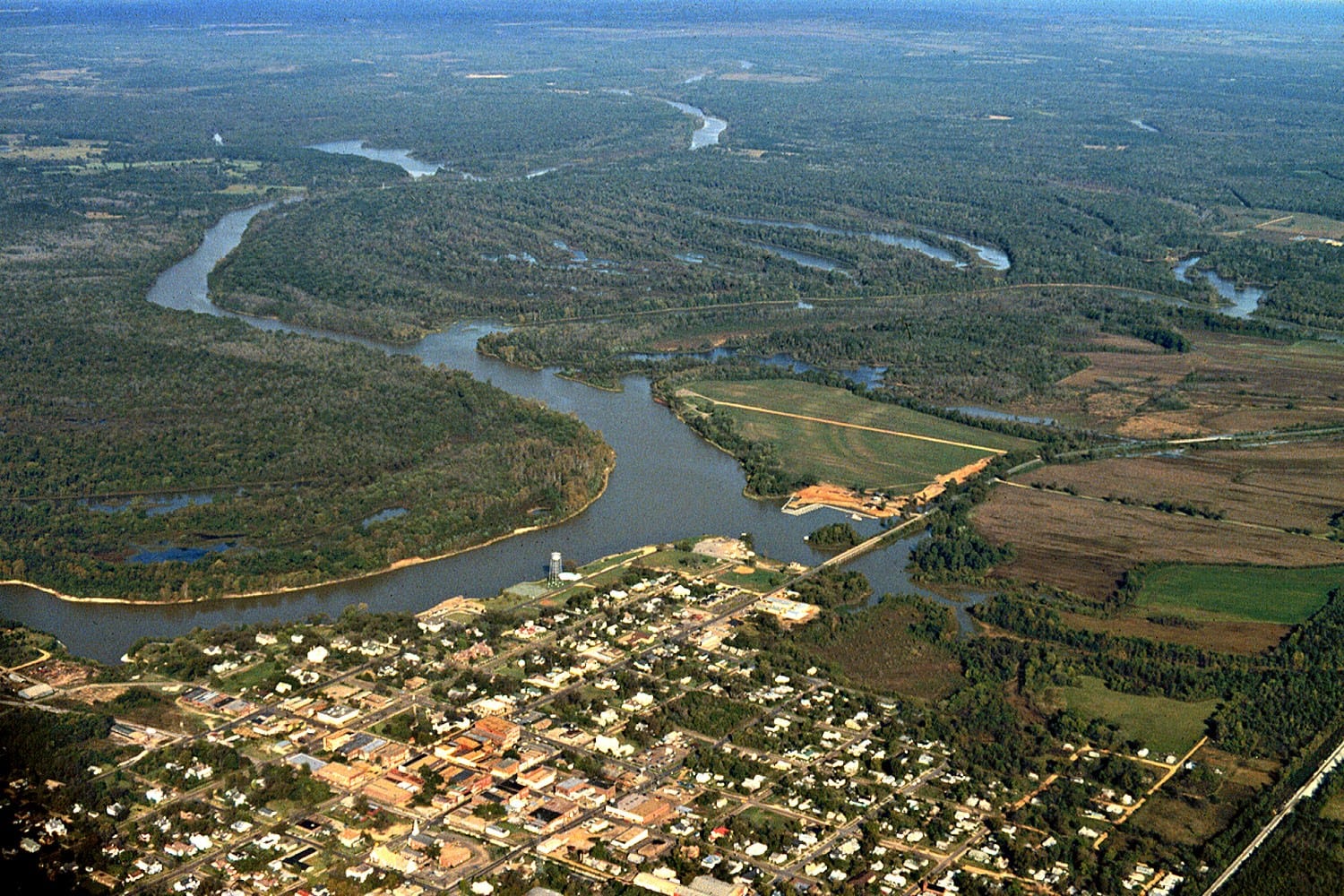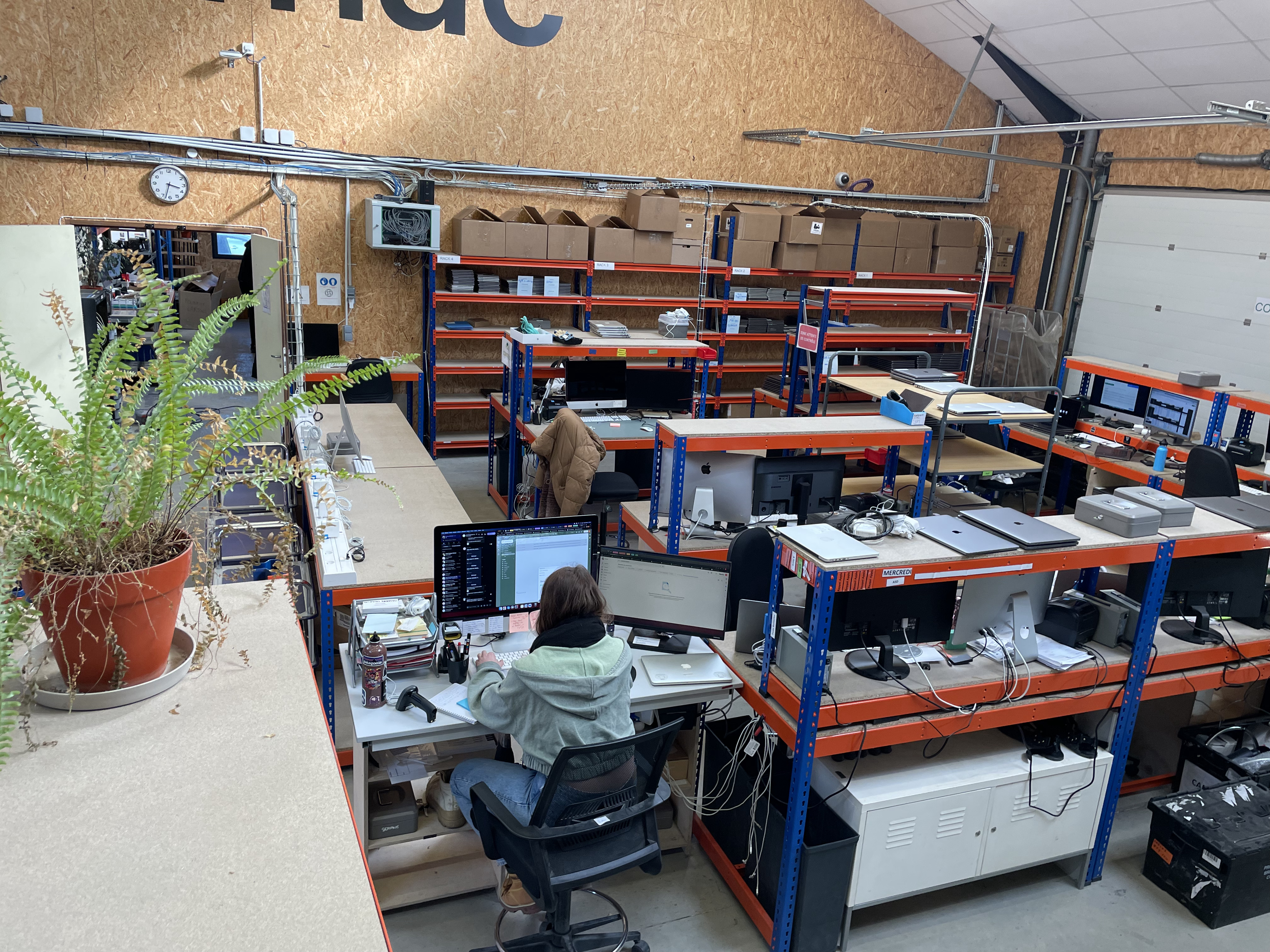Our impact
South Europe Atlantic High Speed Line
Carbon And Biodiversity Foundations
Impacting Positively, For Local Environments
Contributing funds totalling
¤10m
Projects
200
LISEA – the project company behind the new high speed rail line between Tours and Bordeaux, in France – has taken action to bring about a lasting legacy of positive environmental impact on the regions the line crosses. Two charitable Foundations set up by LISEA are coordinating and contributing funds totalling ¤10m, towards more than 200 projects, reducing carbon emissions and protecting biodiversity.
In western France, a select group of farms are being supported in their efforts to develop sustainable cultivation of Alfalfa – a hardy and more environmentally friendly alternative to imported soy for animal feed. Nearby, 55 historic public buildings have been renovated, with thermal insulation, roofing and solar panels, to improve their energy performance; while work continues to restore and protect the area’s population of the endangered European Mink.
These are separate projects and just a few examples in a long list of initiatives supported by two charitable foundations established by LISEA, the project company of the South Europe Atlantic (SEA) high speed rail line. The LISEA Carbon Foundation and its sister organisation for Biodiversity have each been endowed with €5m. So far they have supported more than 200 different environmental projects.
There are multi-layered reasons behind the LISEA Foundations, which were proposed by the organisation before it was awarded the 50-year concession to design, build, finance, operate and maintain the SEA line. “It was of great importance to us, to become a real partner to the territories crossed by the SEA infrastructure, both on a local and a regional scale,” says LISEA’s Sustainable Development Director, Thierry Charlemagne.
High speed trains on the SEA line pass through the regions of CentreVal de Loire and Nouvelle-Aquitaine, plus six different departments and 113 municipalities along the 302km route between Tours and Bordeaux. When the line opened in the summer of 2017, it instantly took a whole hour and 15 minutes off journey times between Paris and the south west of France. Its construction stands for more than just faster travel, however. It is about economic development and connectivity via sustainable, low carbon transportation. “The local projects supported by our Foundations are not directly related to the SEA infrastructure itself, but it is crucial for us that they acknowledge and embrace major issues in terms of integration within the territories crossed by the line, such as preservation of natural environments and clean transportation. The more than 200 projects supported by the Foundations all work towards this end,” Thierry says.
LISEA CARBON
The Alfalfa project is working with 11 farms in the Centre-Val de Loire and Nouvelle-Aquitaine regions. With a €560,000 donation from the LISEA Carbon Foundation, the project is helping farmers to gain autonomy in cultivation and marketing of Alfalfa, which, as a legume, can ‘fix’ its own nitrogen levels regardless of soil type, so does not require additional nitrous additives.
The project is being overseen by the French Environment and Energy Management Agency (ADEME). In similar fashion, other initiatives supported by the LISEA Foundations are being conducted in partnership with national, regional and municipal agencies – such as the departments (local authorities) using €1.7m from the Carbon Foundation to improve energy efficiency in public buildings.
“For meeting its aims, the Carbon Foundation selected three main environmental issues to focus on"
Lise Dauchet
LISEA Foundations Manager
Projects supported are aiming to ‘reduce the energy consumption of built heritage’, to ‘develop more responsible mobility’ and to aid the ‘energy transition of agriculture’.
“Regarding mobility, the aims are mostly about reducing the emissions associated with the last few kilometres of journeys; looking for new solutions in low carbon, sustainable transport,” Lise says.
A total of 19 different urban mobility projects are being supported with €320,000 from the Carbon Foundation, in partnership with the Universities of Bordeaux and Poitiers and other research centres. Through the CRONE project, for example, Bordeaux University and another research laboratory are developing a new suspension system for electric bikes, with the aim of recovering the energy from the shock absorbers.
“The Foundation also launched a competition for new mobility startup ideas in 2017, in partnership with the Nouvelle Aquitaine region and Bordeaux Metropole authority.


